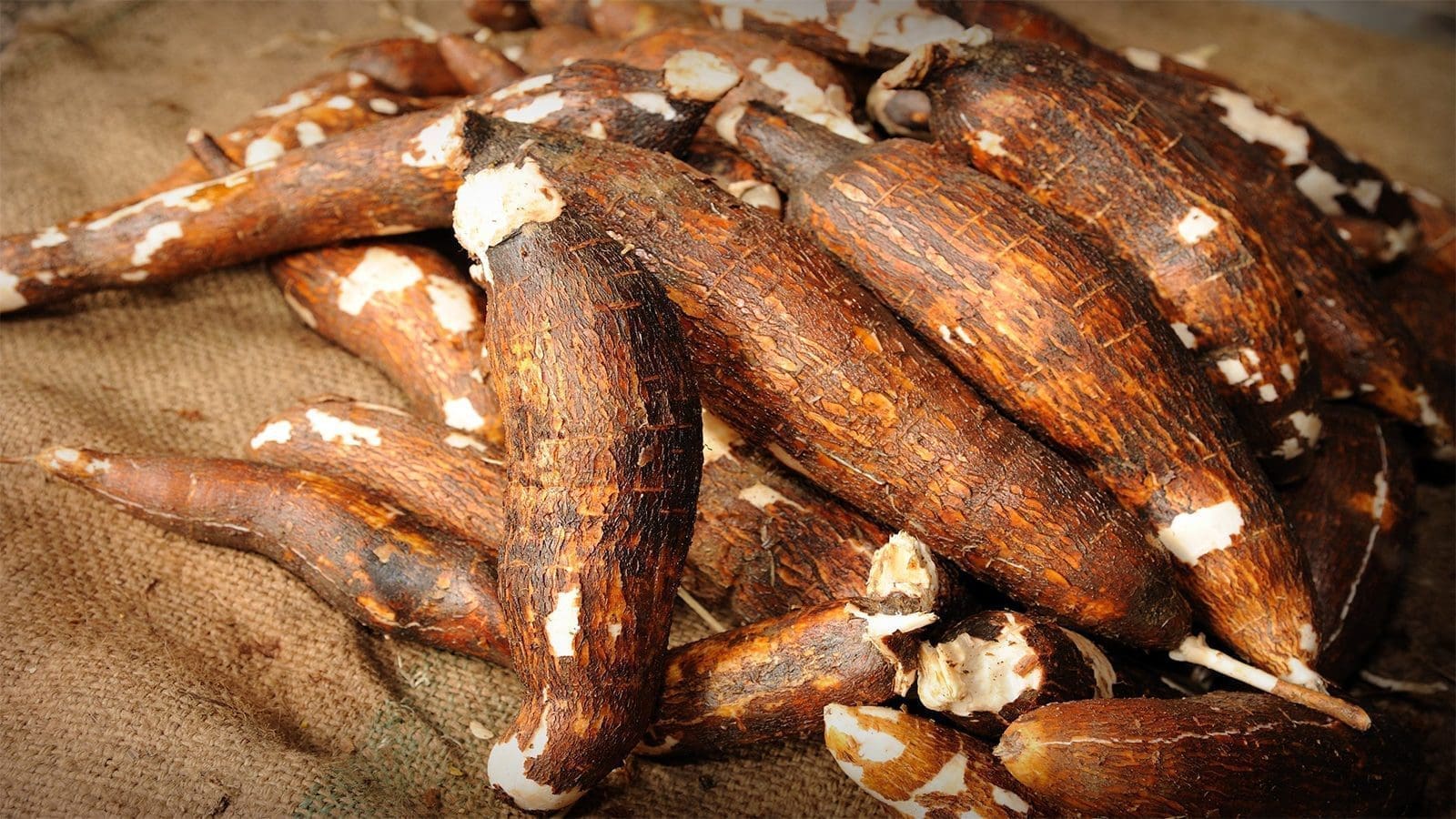KENYA – The National Environment Management Authority (NEMA) has issued an Environmental Impact Assessment license that permits National Performance Trials on GMO Cassava, as per NEMA’s Environmental Management and Coordination Act.
The purpose of national performance trials is to evaluate the performance of novel plant types to those that are already available on the market.
The Kenya Plant Health Inspectorate Services (KEPHIS) will conduct NPTs for two planting seasons, according to Josphat Muchiri of the National Biosafety Authority (NBA), who was speaking at the 11th annual biosafety conference.
Thanks to the license given by NEMA, commercialization of genetically modified cassava will be possible during the next five to six years
“This is to certify that Environmental Impact Assessment study report has been received from the Kenya Agricultural and Livestock Research Organization (Biotechnology Centre) and submitted to the National Environment Management Authority in accordance with the Environmental Impact Assessment and Audit Regulations, 2023 regarding the proposed inclusion of Genetically Modified Cassava Resistant to CBSD,” the EIA license read.
The approval intends to continue including 4,046 cassava varieties resistant to CBSD in National Performance Trials (NPTs) for solely research-related purposes.
Small-scale experimental variety testing in various agroecological zones will be used to accomplish this at seven KEPHIS-designated locations in KALRO centers.
The locations are in the counties of Makueni, Kilifi, Kwale, Busia, Kakamega, and Migori. They include Kiboko, Mtwapa, Msabaha, Matuga, Alupe, Kakamega, and Oyani.
Dr. Martin Mwirigi, the interim head of the Biotechnology Research Institute, stated that KEPHIS will be expected to submit a report to NBA following the completion of the study.
“It will then be forwarded to the National Variety Release Committee in the Ministry of Agriculture which will determine if the variety can be released to farmers,” Mwirigi said.
Dr. Paul Chege of ISAAA Africenter said the NPTs will be instrumental in visualizing the performance of the improved crop varieties in various parts of the country.
“It will also allow farmers and interested stakeholders to see a GM food crop, one of the very effective ways of awareness creation and alleviating stigma around GMOs,” he said.
The cassava was created using contemporary biotechnology in controlled field experiments in Mtwapa (Kilifi), Kandara (Murang’a), and Alupe, according to Paul Kuria, a Senior Scientist from KALRO working on the Virus Resistant Cassava for Africa (VIRCA) project (Busia).
He said the cassava plant cultivars are resistant to the devastating Cassava Brown Streak Disease (CBSD) and Cassava Mosaic Disease (CMD).
“With the current drought in the country, cassava can be used as a food security crop. It can also be used in flour blending to add more nutrition and help in reducing pressure on white maize,” said Kuria.
In 2021, Kenya became the first country globally to give a green light to the cultivation of GM cassava, capable of resisting the destructive CBSD.
CBSD is a viral disease spread by whiteflies and infected cuttings, which leads to devastating losses of up to 98 percent for cassava farmers in Kenya.
For all the latest food safety news from Africa and the World, subscribe to our NEWSLETTER, follow us on Twitter and LinkedIn, like us on Facebook and subscribe to our YouTube channel.








